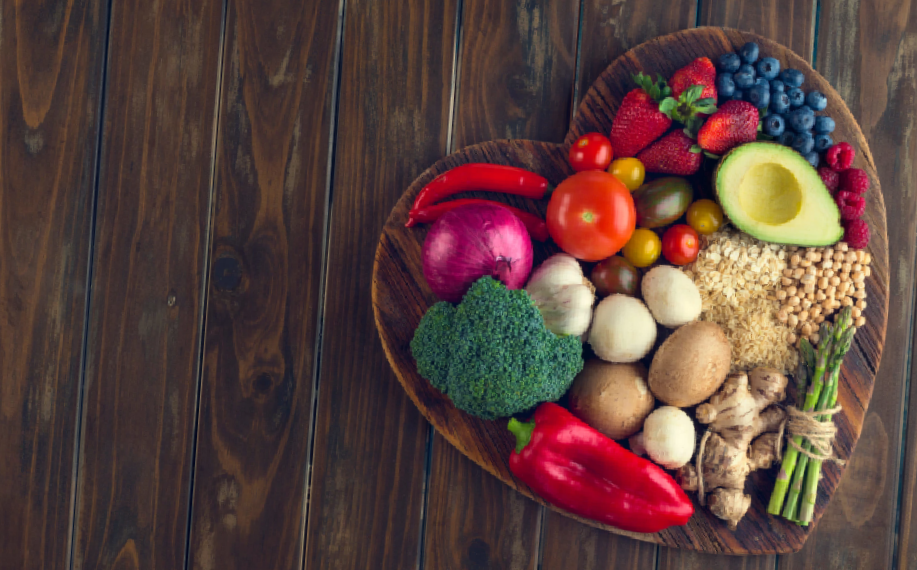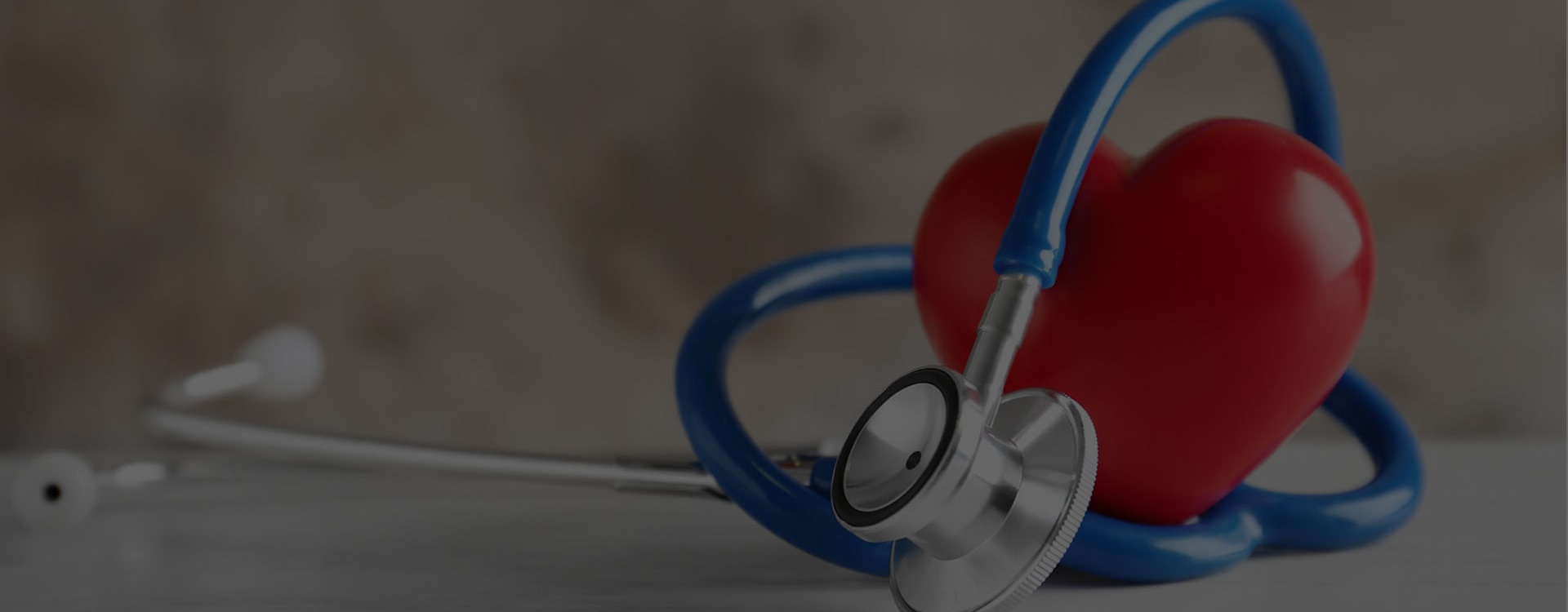
27 May What does a “balanced diet” actually mean?
Every day we hear about having a balanced diet but what does that actually incorporate and is it possible?
According to the NHS a healthy, balanced diet is “eating a wide variety of foods in the right proportions, and consuming the right amount of food and drink to achieve and maintain a healthy body weight.”
Guidance on a balanced diet is often endless with recent reports even suggesting that the recommended “5 a day” fruit and vegetables could be going up to 10 portions a day. The health benefits of a varied and balanced diet doesn’t mean you need to give up sugars or fats, rather that they should be moderated and supported by vitamins, antioxidants and proteins. Nor does this mean if you have a healthy diet you can expect to be healthy. A balanced diet is only balanced when you’re getting enough exercise to ensure calories are being burned as your body would expect.
To try simplify what a balanced diet actually means we’ve put together a quick list of what type of foods you should be eating:
Carbohydrates
Often confused as a bad nutrient carbohydrates are vital for release energy into your body. Slow releasing carbohydrates such as brown rice can be invaluable for providing energy whilst working out or undertaking sporting activity.
Fats
Another misconception is that fat is bad for you. Of course, too much fat can cause problems to your health but our bodies naturally process fat as a way of storing energy for when we need it. Maintaining and eating some levels of fat is recommended, though moderation is always advised.
Proteins
The vital nutrient for growing and repairing muscle tissue, we find proteins in beef, chicken, turkey and other meats. However, you can also find proteins in foods such as eggs which is a relief to those who think getting protein into their diet is likely to be a costly exercise.
Minerals
Ensuring that your body is getting enough minerals like iron is vital for maintain bodily functions. Iron is a vital ingredient needed to produce haemoglobin in the blood stream and can be found in anything from fish through a pint of Guinness.
Vitamins
Core to maintaining our immune system and our general wellbeing, vitamins form a huge defence against the outside world and environment. Traditionally found in fruit and vegetables, vitamins are often found in low-cost food and as such should be easy for us to consume on a daily basis.
Fibre
To ensure that our body can process and digest all of this food, fibre is an important element of the human body. Eating high-fibre content foods prevents issues like constipation and digestive system illnesses that could stop your body being able to absorb all of the above into our blood stream.
Water
The most important of all is water. An unbelievable 80% of the UK don’t take the right level of water on a daily basis and regularly face dehydration causing multiple organs and bodily functions to perform at a much lower level.
A balanced diet is ensuring that all of these major food groups are regularly consumed and that you’re giving your body the very best chance of not just repairing itself, but also fighting off harmful particles like free radicals that have been linked to the likes of cancer. Sometimes trying to squeeze all of these foods into your diet can be a costly and impractical task, particularly if you’re a petite lady.


Sorry, the comment form is closed at this time.